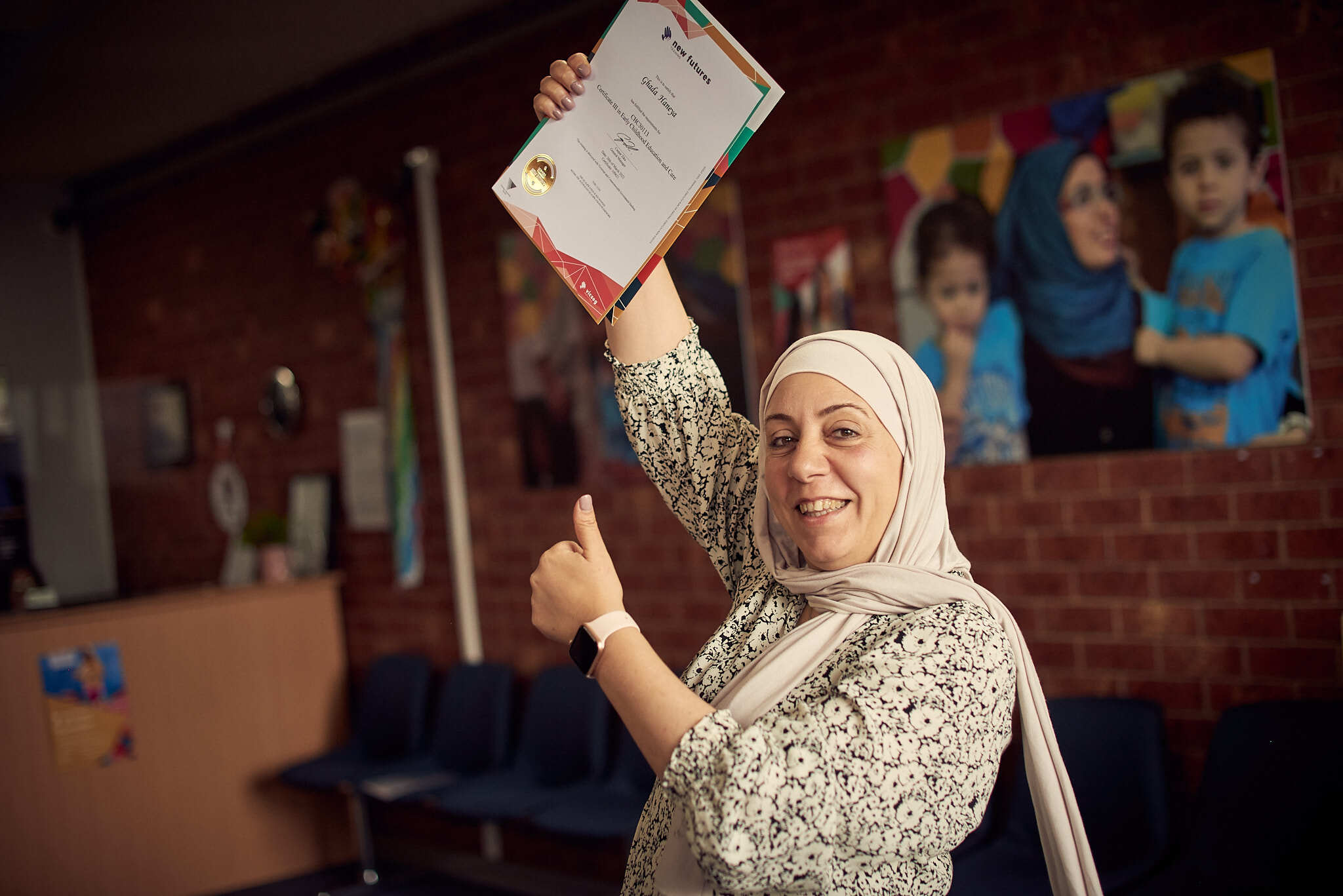History by Chapter
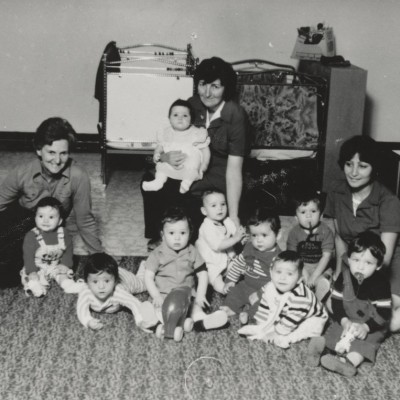
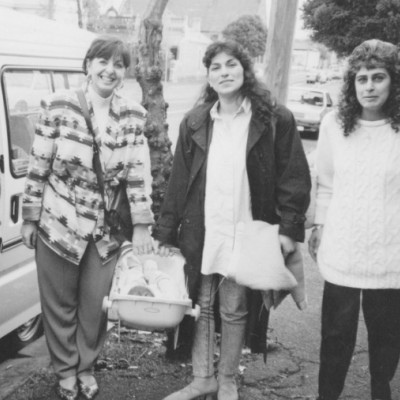
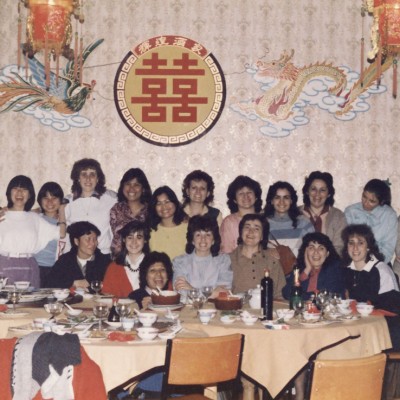

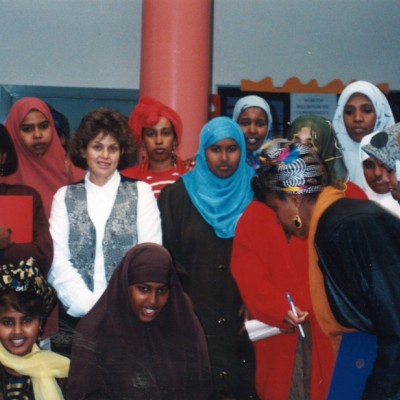
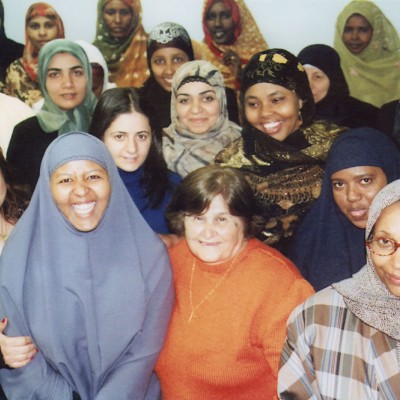
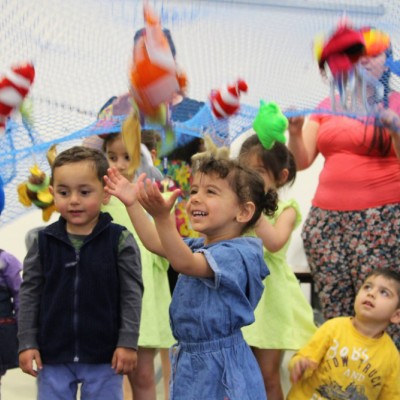
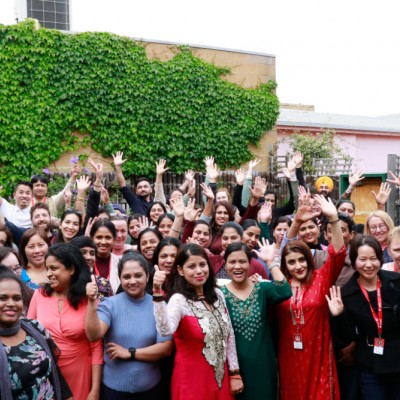
VICSEG New Futures








After a meeting with various ethnic groups, the Victorian Council of Social Services (VCOSS), and Community Child Care, a funding proposal is submitted to the federal government to establish the Victorian Co-operative on Children’s Services for Ethnic Groups (VICSEG).
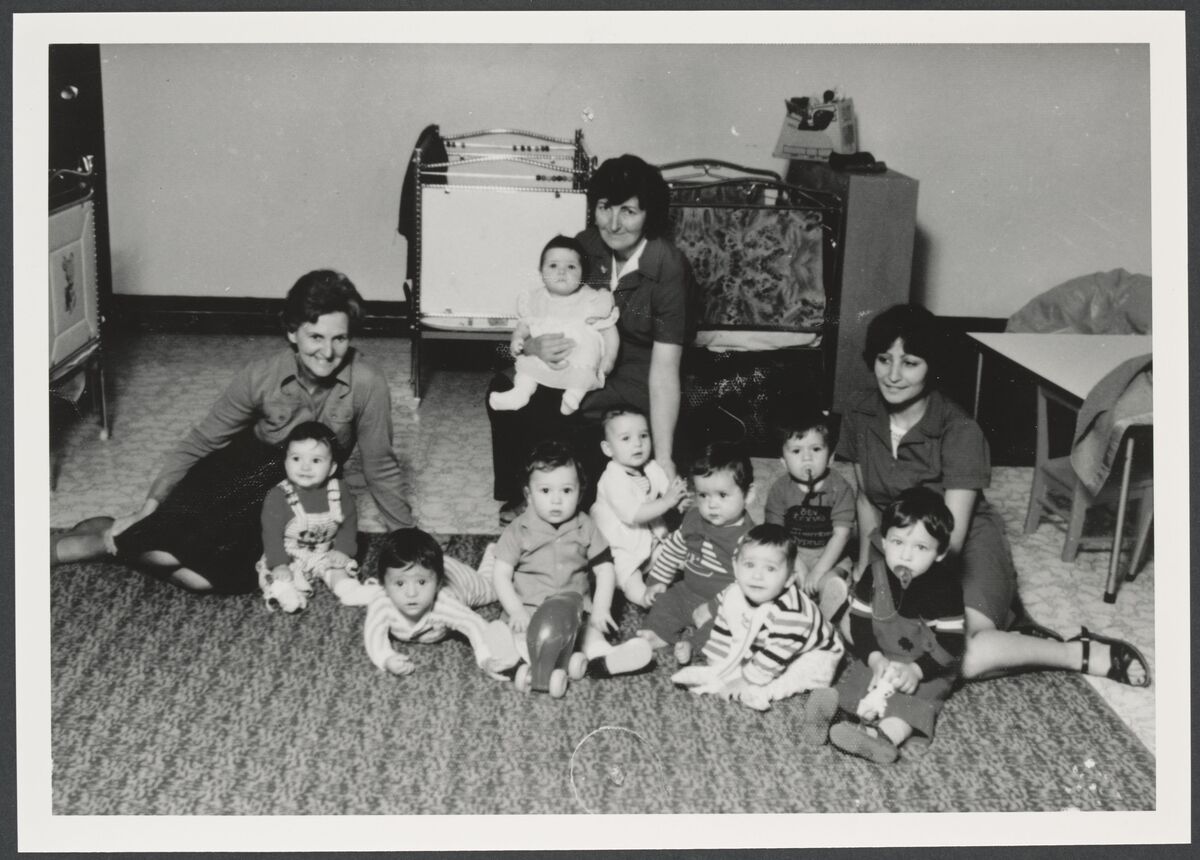
The VICSEG proposal is accepted, and the first grant received. An office is established on Brunswick Street, Fitzroy and Jill Reichstein is appointed VICSEG’s first co-ordinator. The following year, Arlene D’Mello takes over as Co-ordinator.
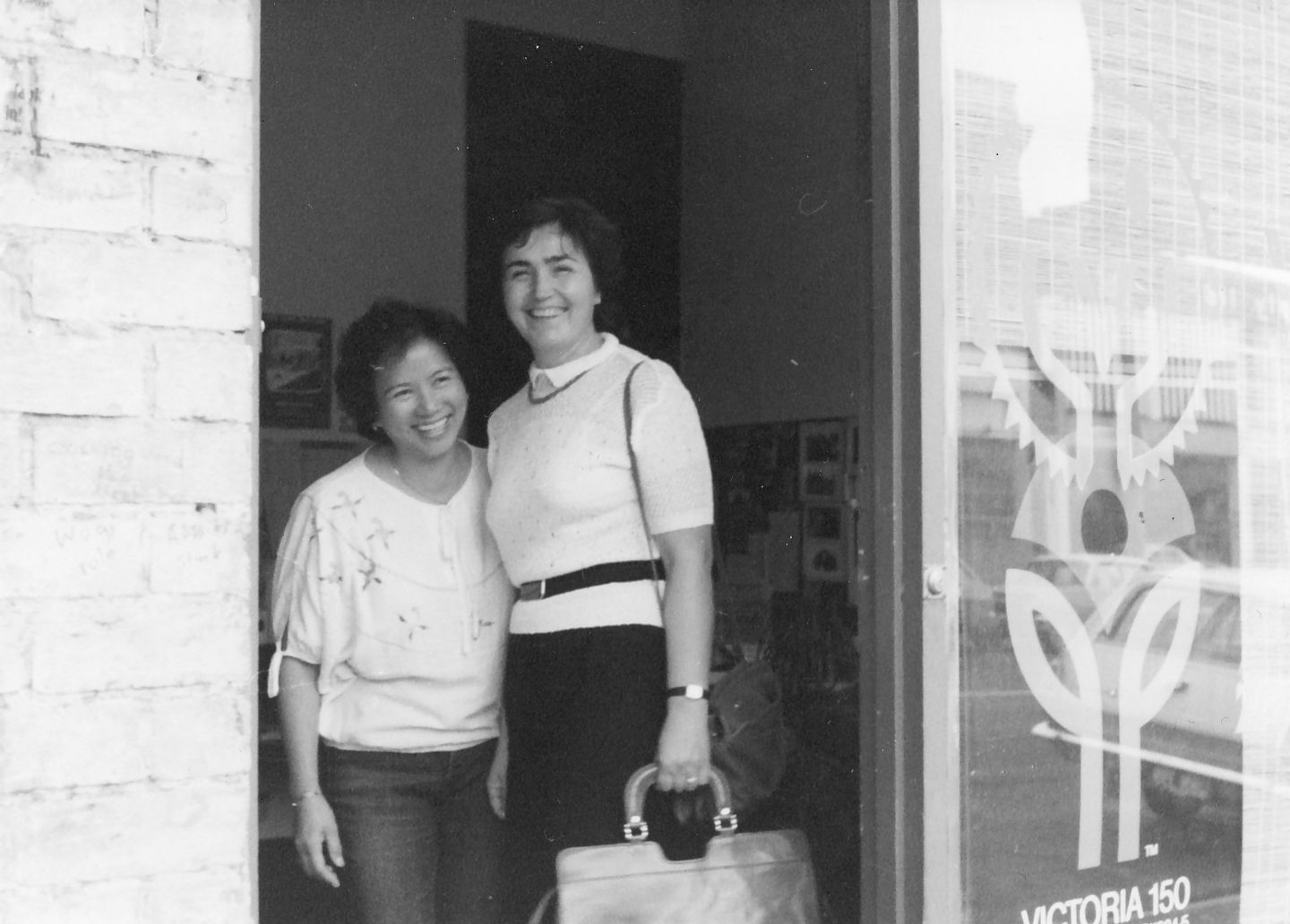
VICSEG recognises the need for further support for new families and begins expanding its offerings to include playgroups, women’s groups and youth programs.
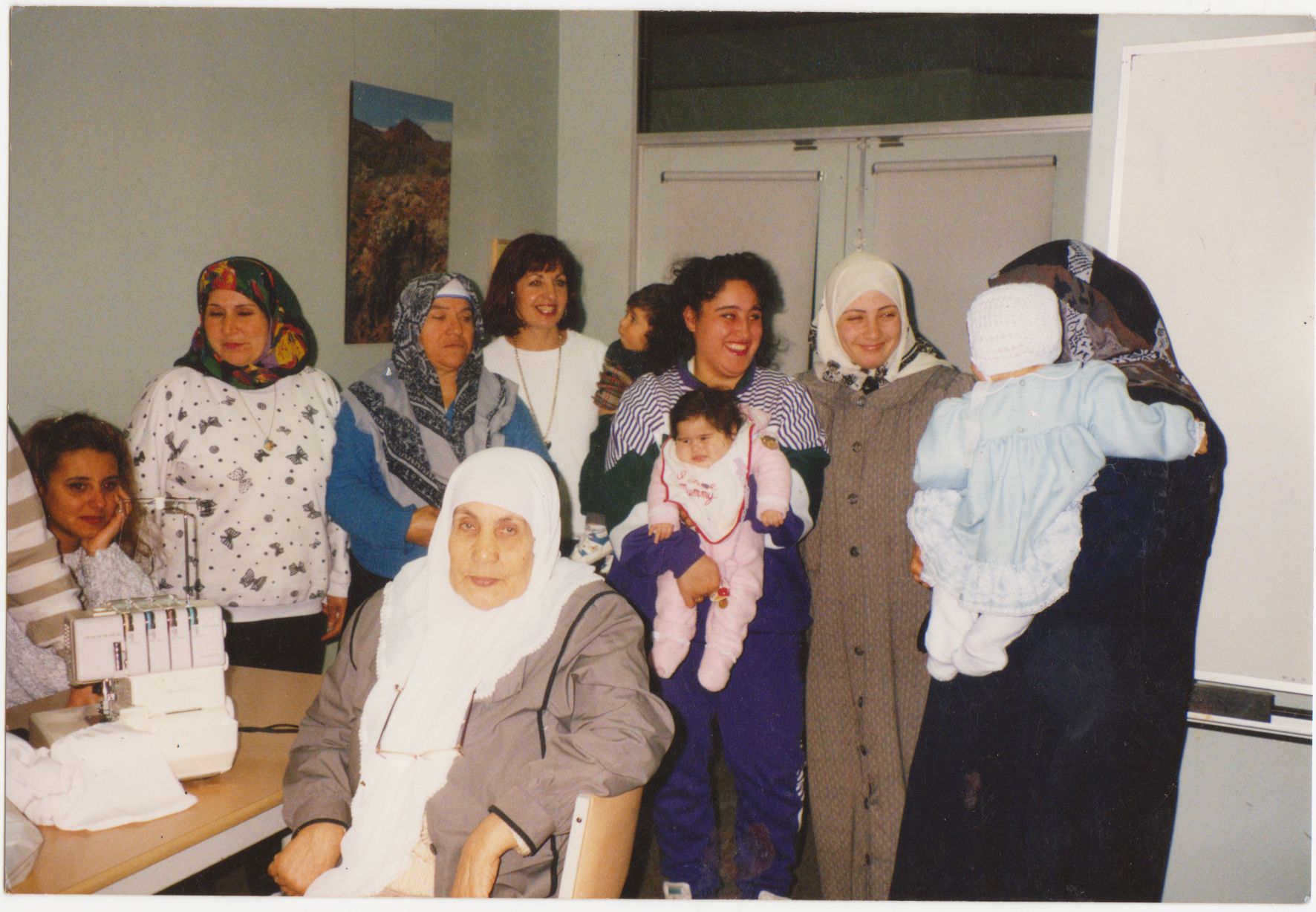
VICSEG begins its first training initiatives. Federal funding allows the organisation to begin training bilingual childcare workers through Prahran TAFE.
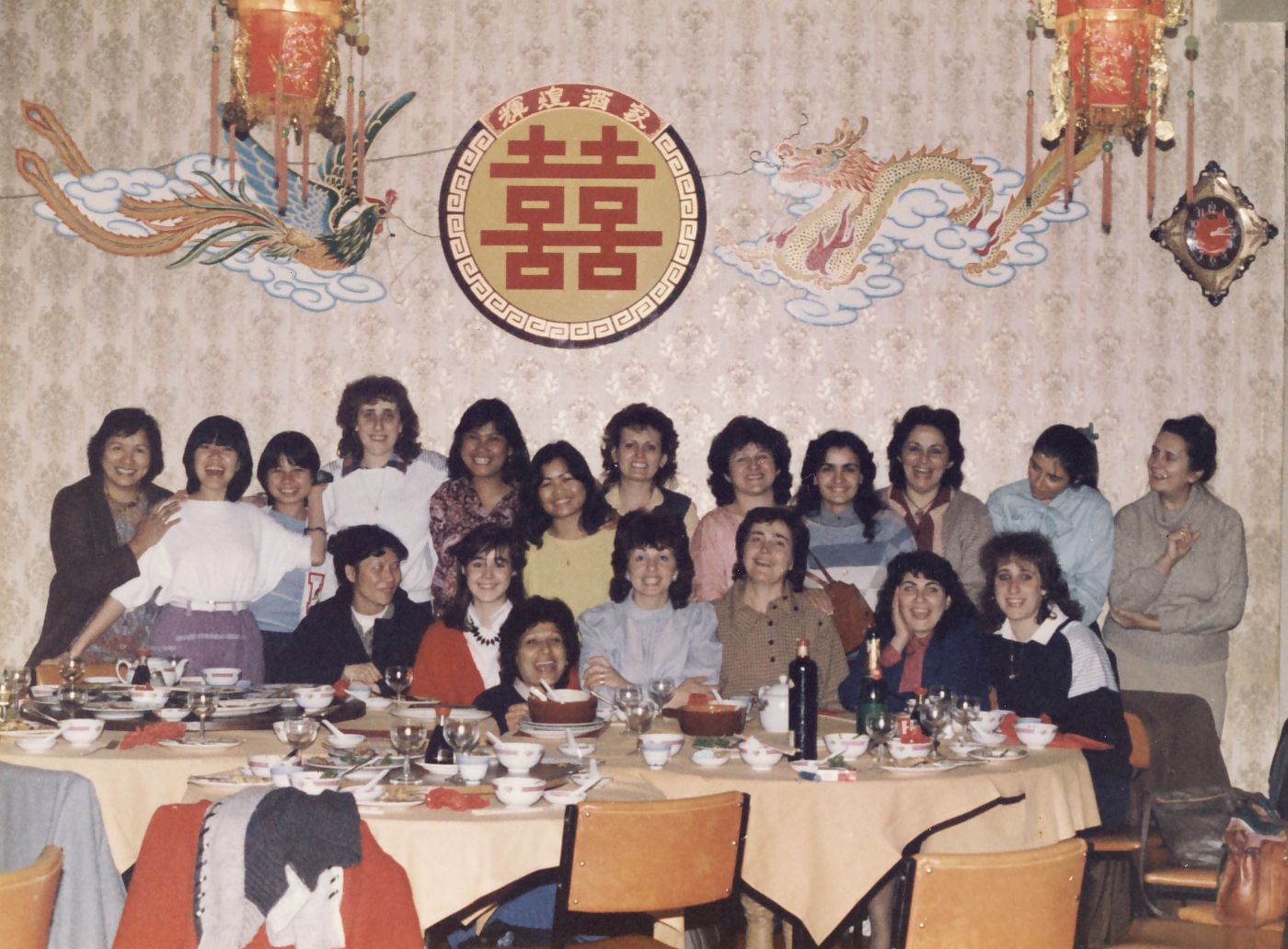
VICSEG conducts fieldwork across Victoria, investigating the need for local migrant community

VICSEG moves into advocacy and community development work with regular appearances on local radio and in newspapers, workshops and community forums.
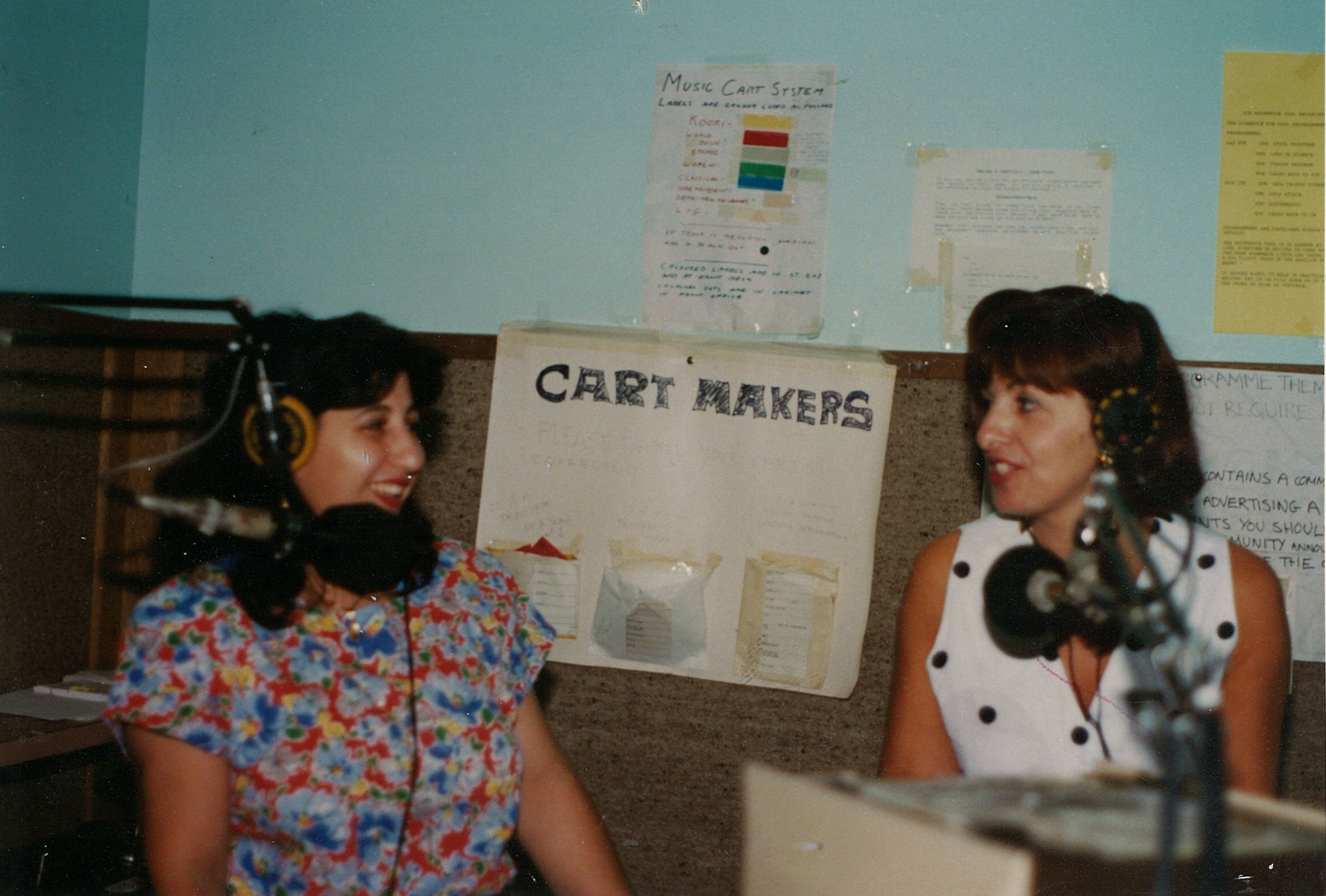
VICSEG celebrates successfully training 54 unemployed, non-English speaking migrant and refugee women as childcare workers since 1983.

During the first ten years, VICSEG staff assist in the establishment of several ethno-specific childcare centres, including a centre for Yugoslav children in the Thomastown-Lalor area, a centre for Lebanese children in Coburg and a centre in Ascot Vale for Spanish-speaking children.
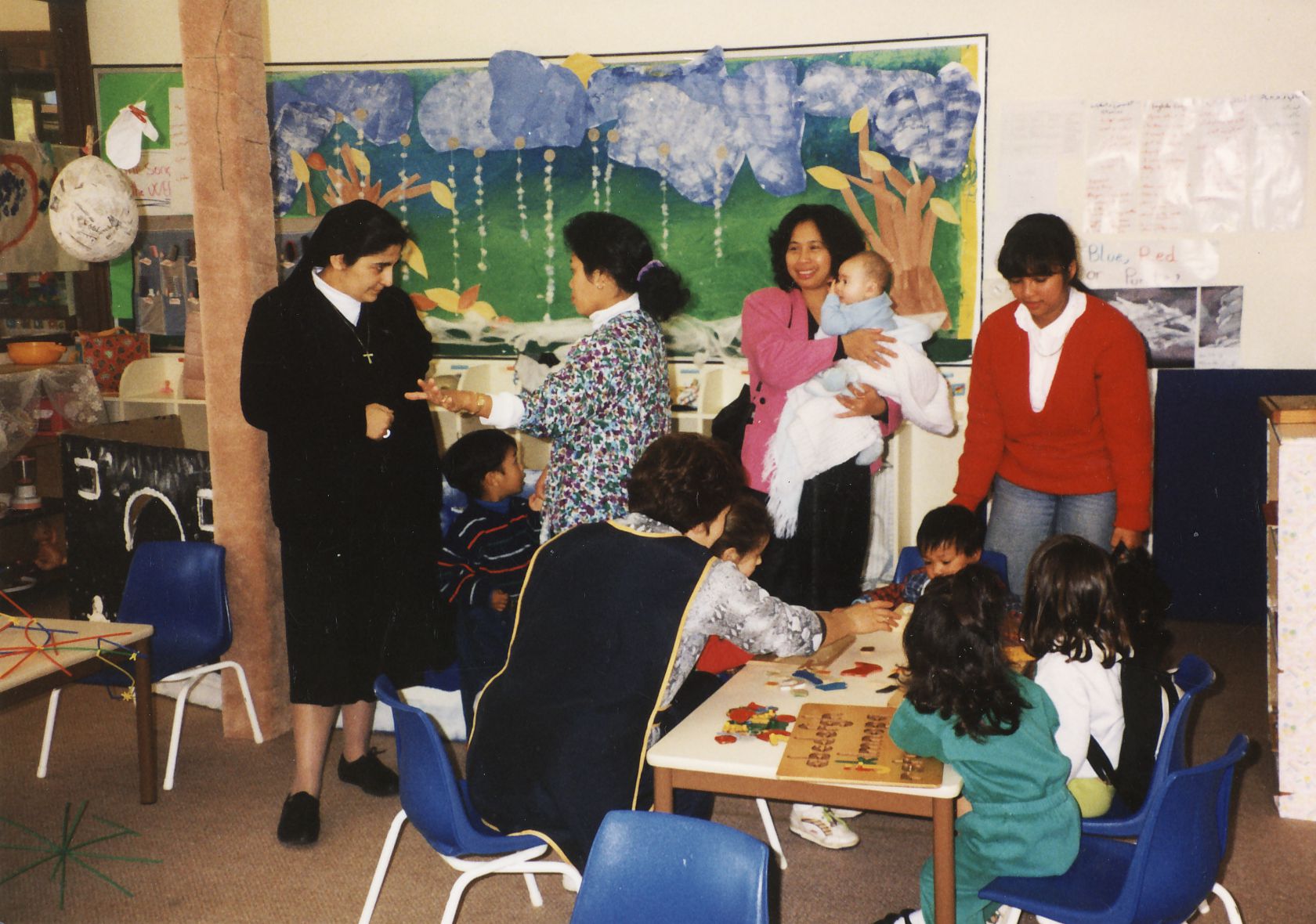
VICSEG develops a pilot ‘in-service’ training course, training existing bilingual childcare workers to implement bilingual and bicultural programs within their childcare centres.
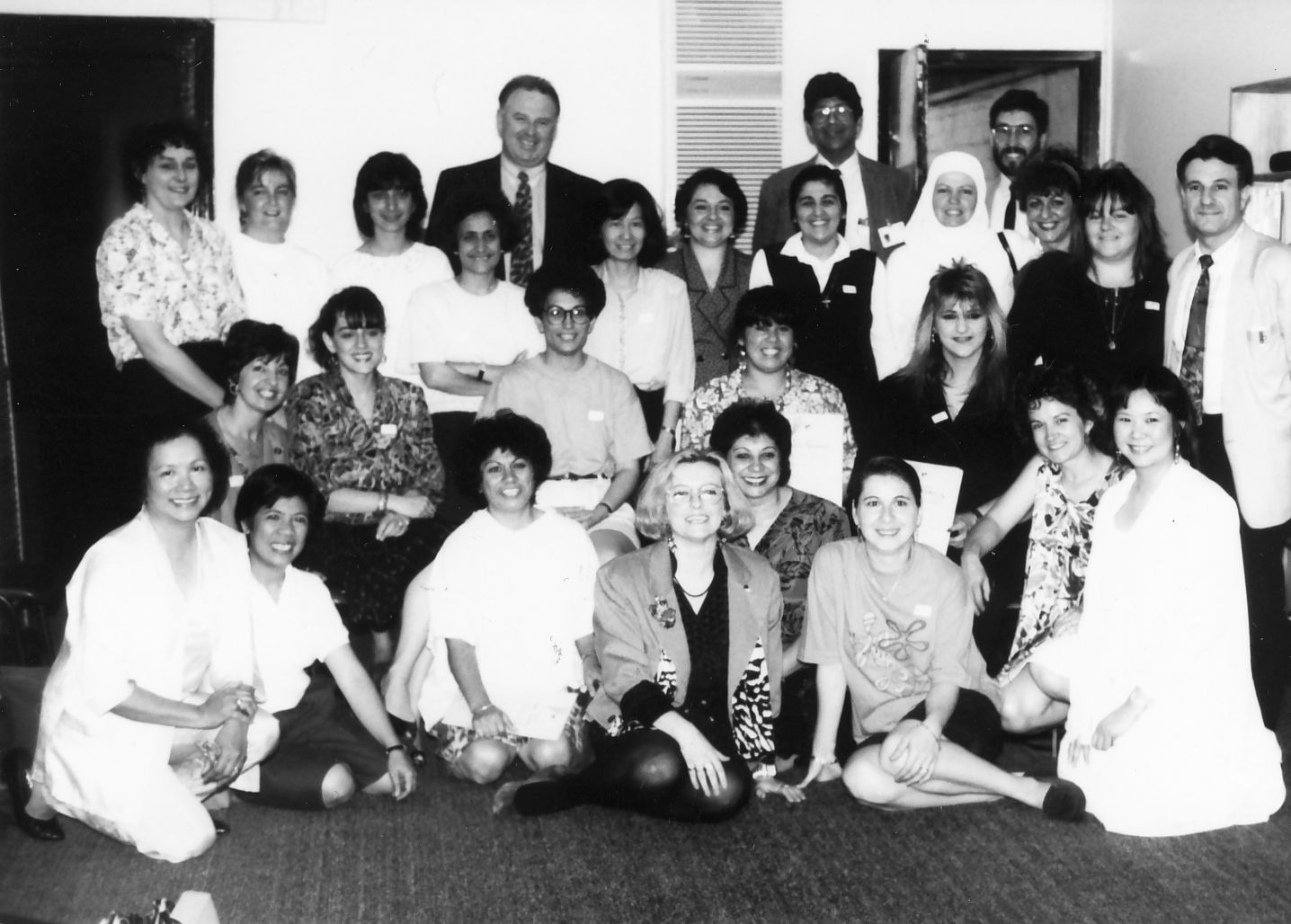
John Zika is appointed as VICSEG’s Executive Director.
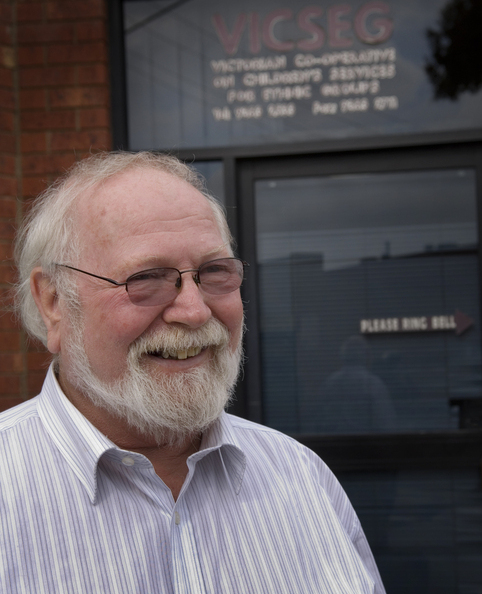
VICSEG recognises the changing demographic of need and expands its focus to engage with new migrant and refugee families coming from mainland China, as well as war-torn areas like Afghanistan, the Horn of Africa, Bosnia-Herzegovina and Iraq.

Training delivery increases dramatically. With funding from the Department of Employment, Education, Training and Youth Affairs, VICSEG launches the New Work Opportunities Bilingual Child Care Project under the direction of Maree Raftis.
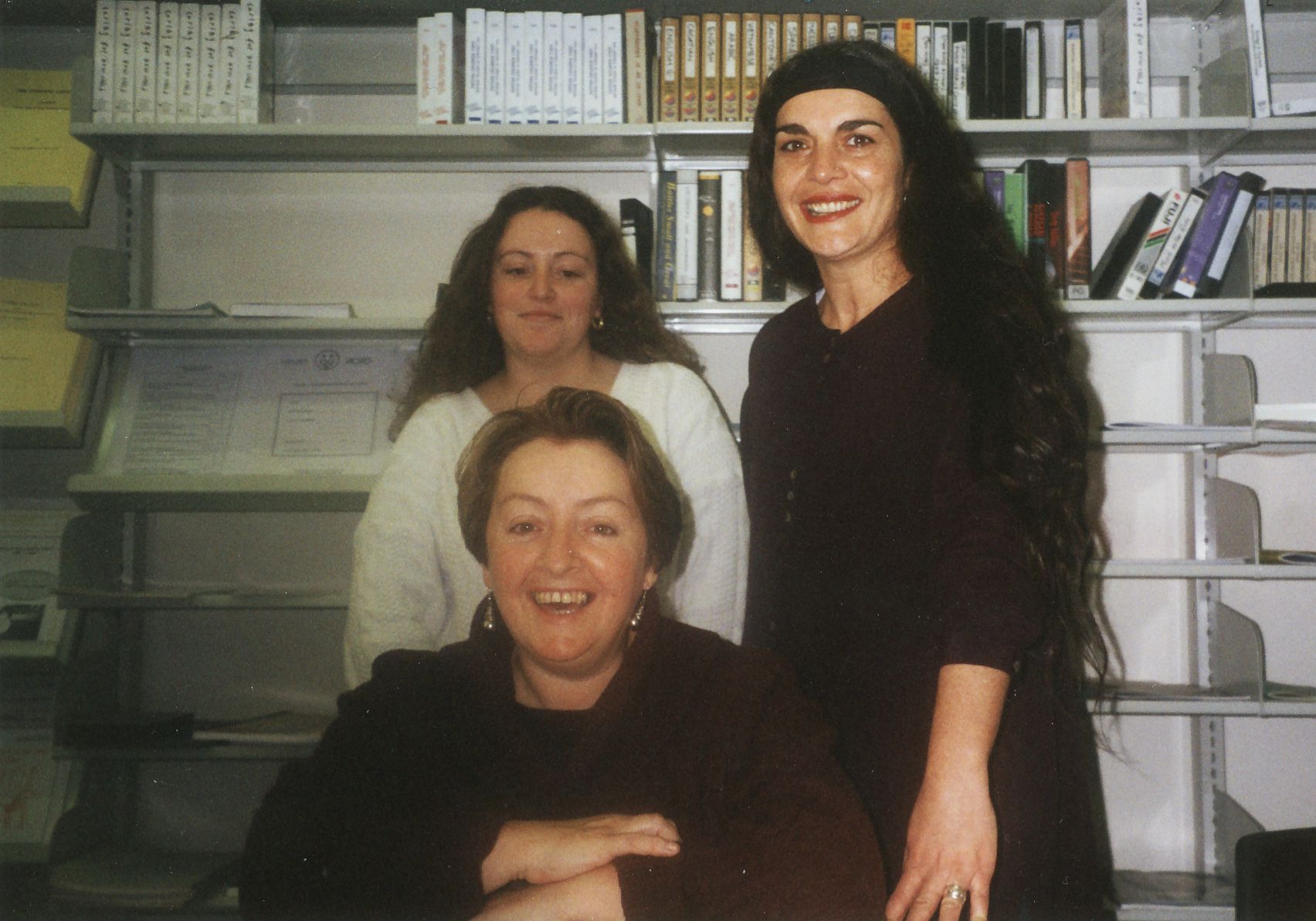
VICSEG receives state government funding to develop support programs for young people from African backgrounds – the first of its kind in Victoria to specifically target the needs of young people from the Horn of Africa. This leads to further engagement in ensuing years, including development of the Horn of Africa Juvenile Justice Program and other mentoring support programs.

VICSEG moves into large offices in Coburg. That same year, VICSEG partners with Playgroup Victoria to develop more culturally diverse playgroups.
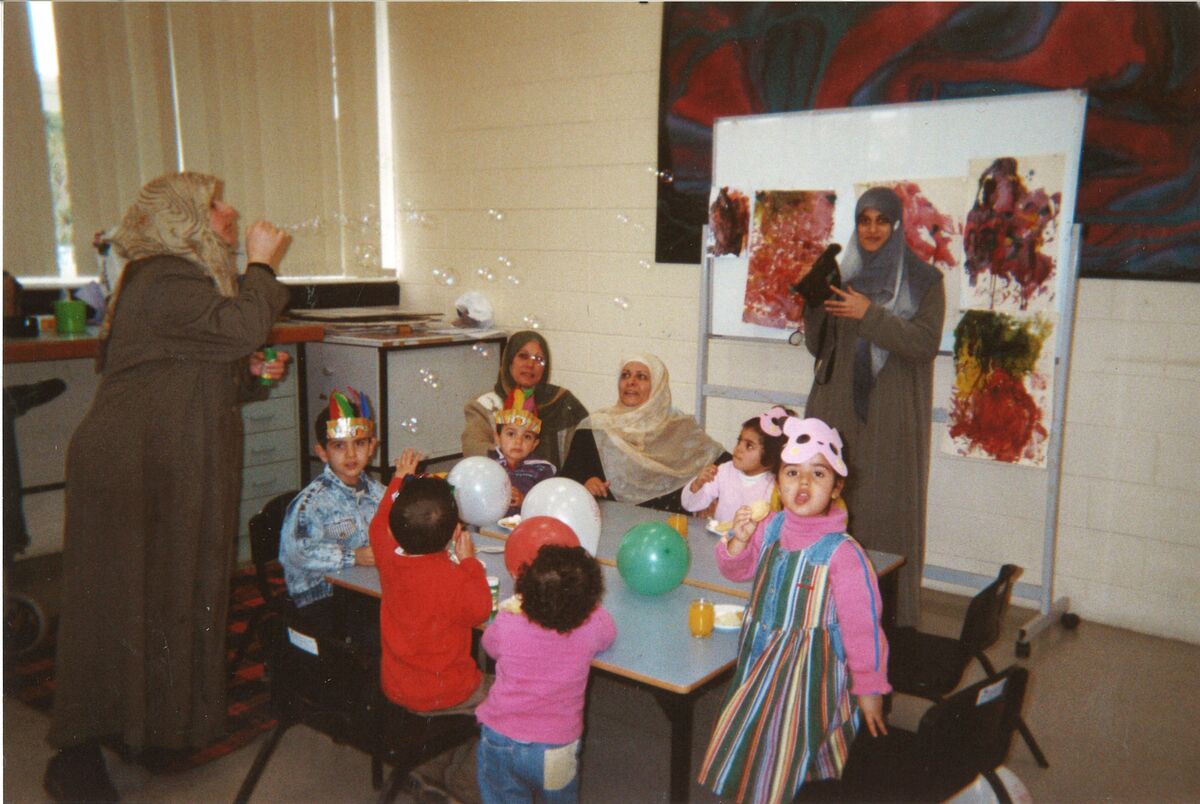
VICSEG gains status as a Registered Training Organisation (RTO) and New Futures Training is launched.

Responding to demand, VICSEG adds aged care courses to New Futures Training.
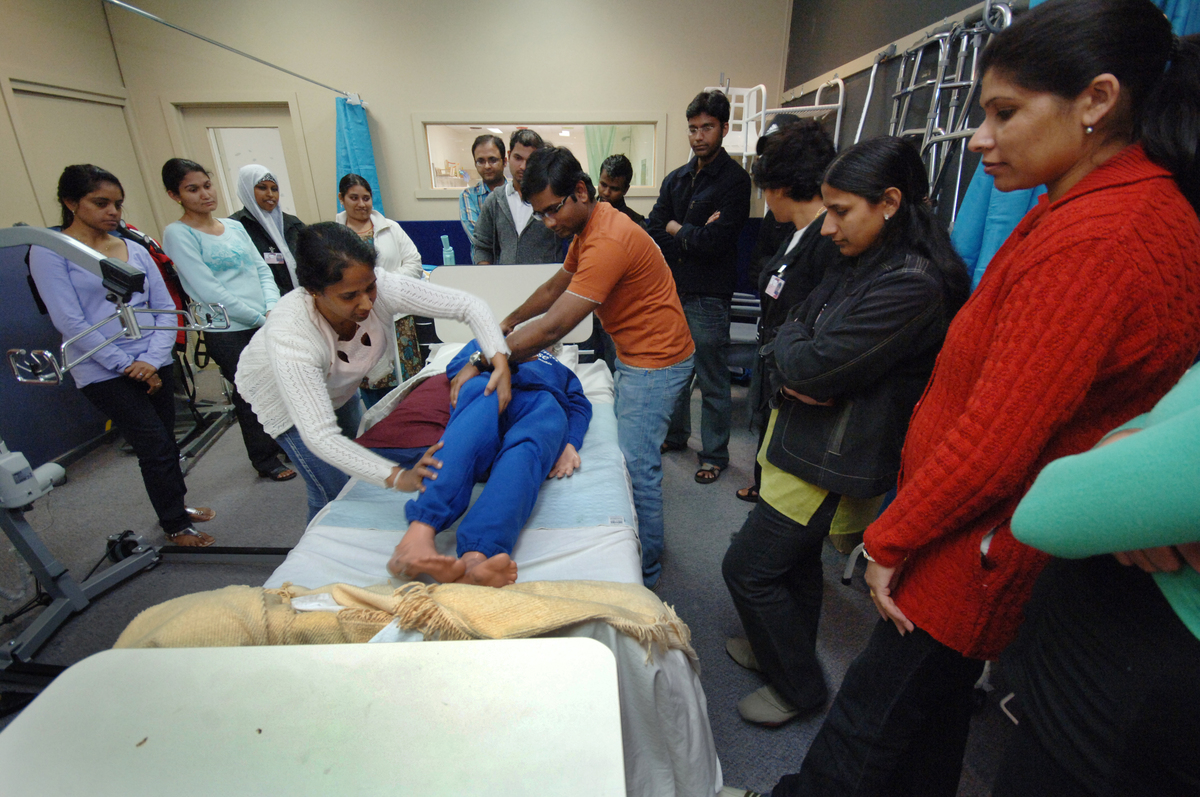
A traineeships program is introduced in partnership with Apprenticeships Melbourne.
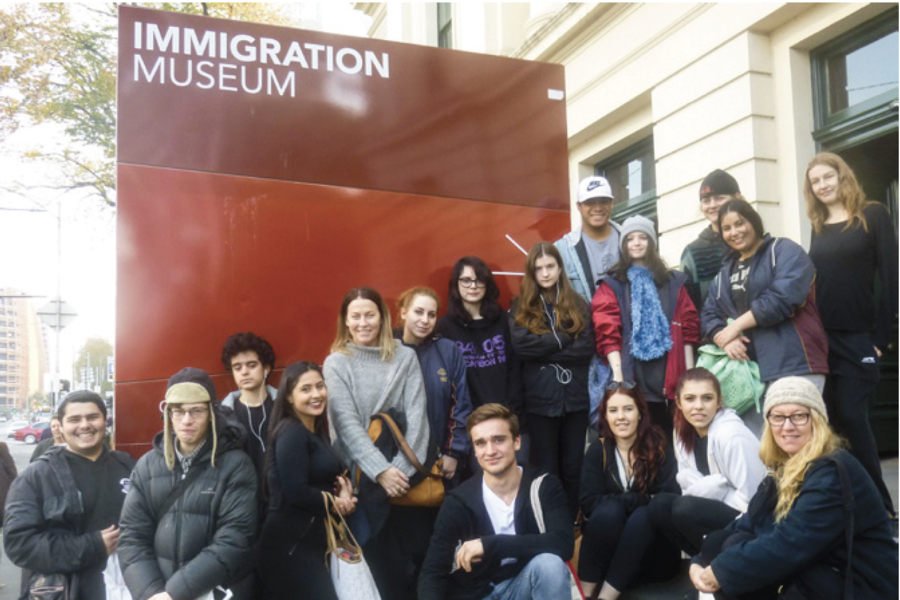
The first Diploma of Child Care students graduate.
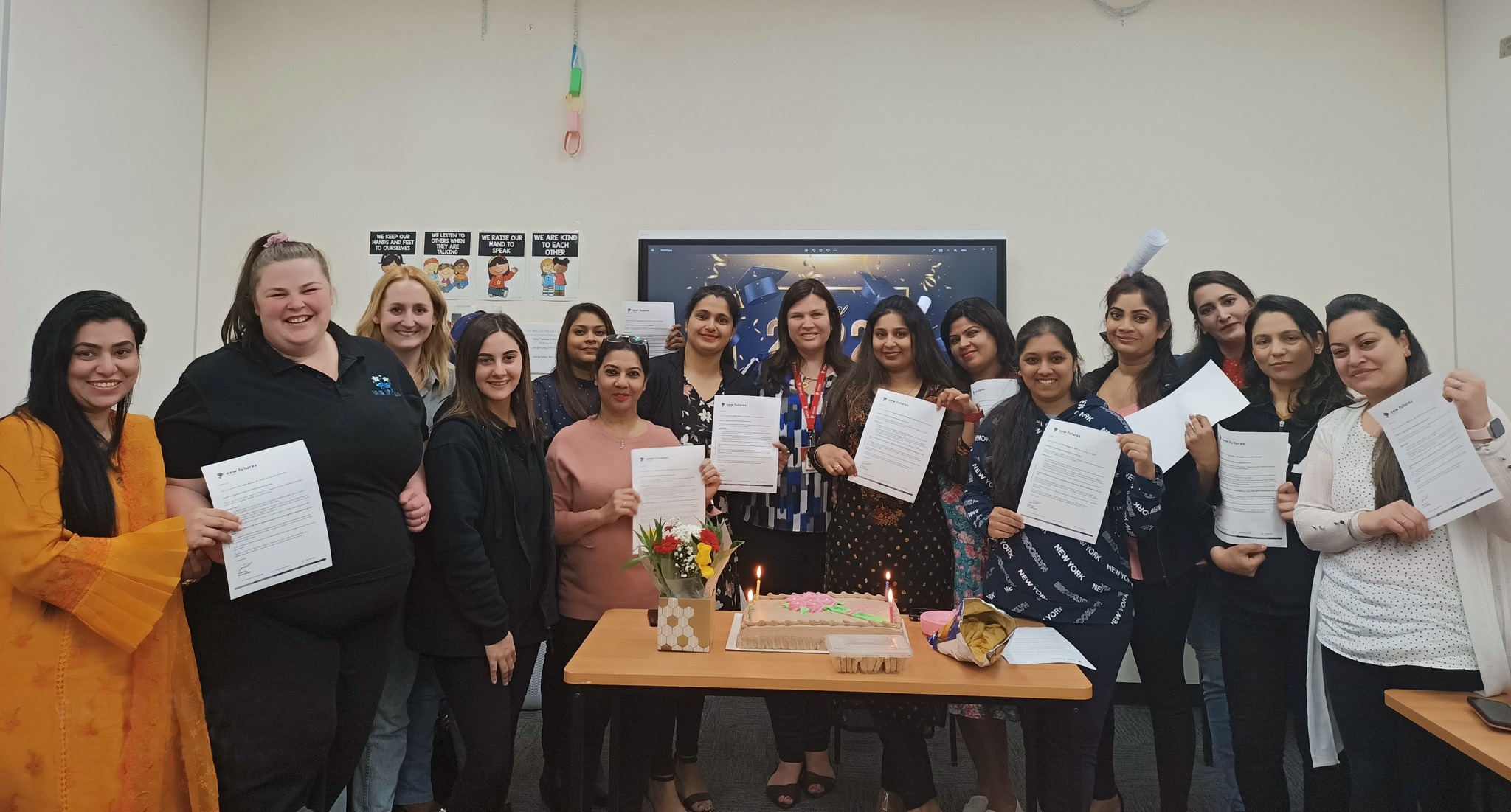
The Refugee Family Resource and Mentoring Program is launched, funded by the Myer Foundation. Its success helps VICSEG later become part of the Federal Government’s Communities for Children initiative.

Student enrolments exceed 1,000.
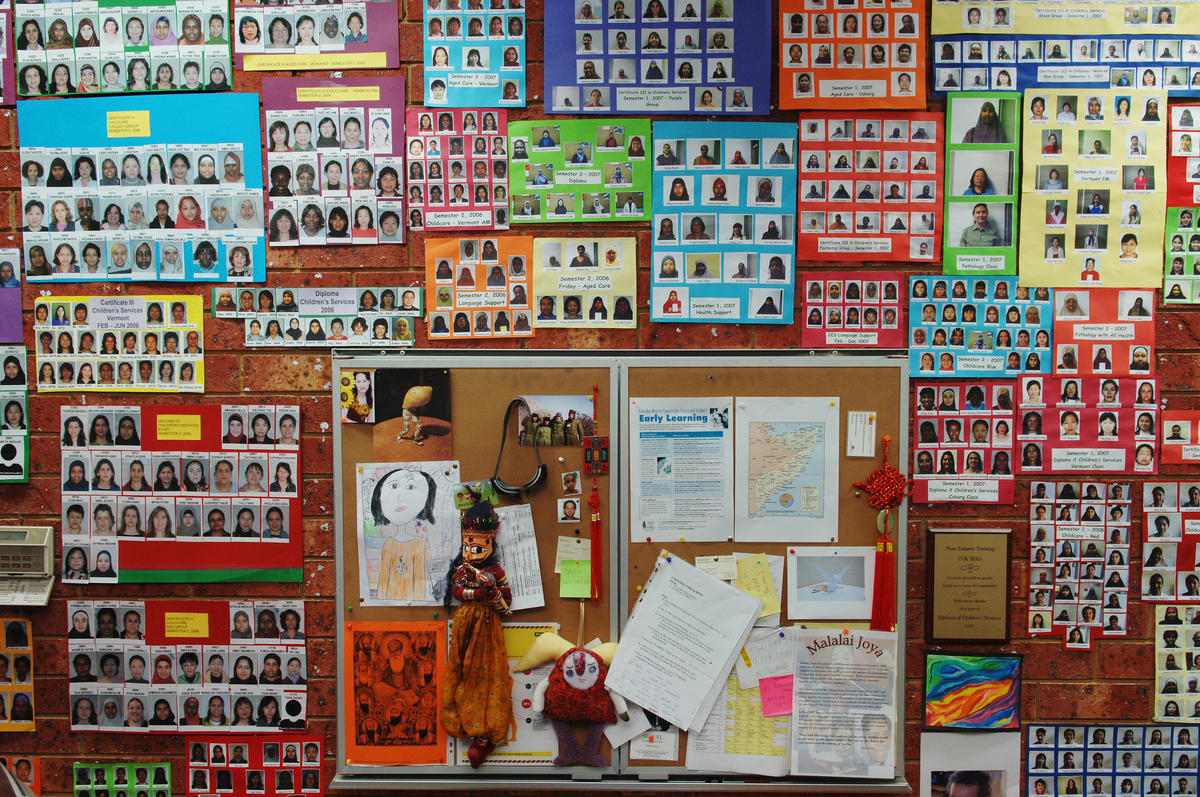
VICSEG celebrates 30 years and New Futures Training 10 years in operation.
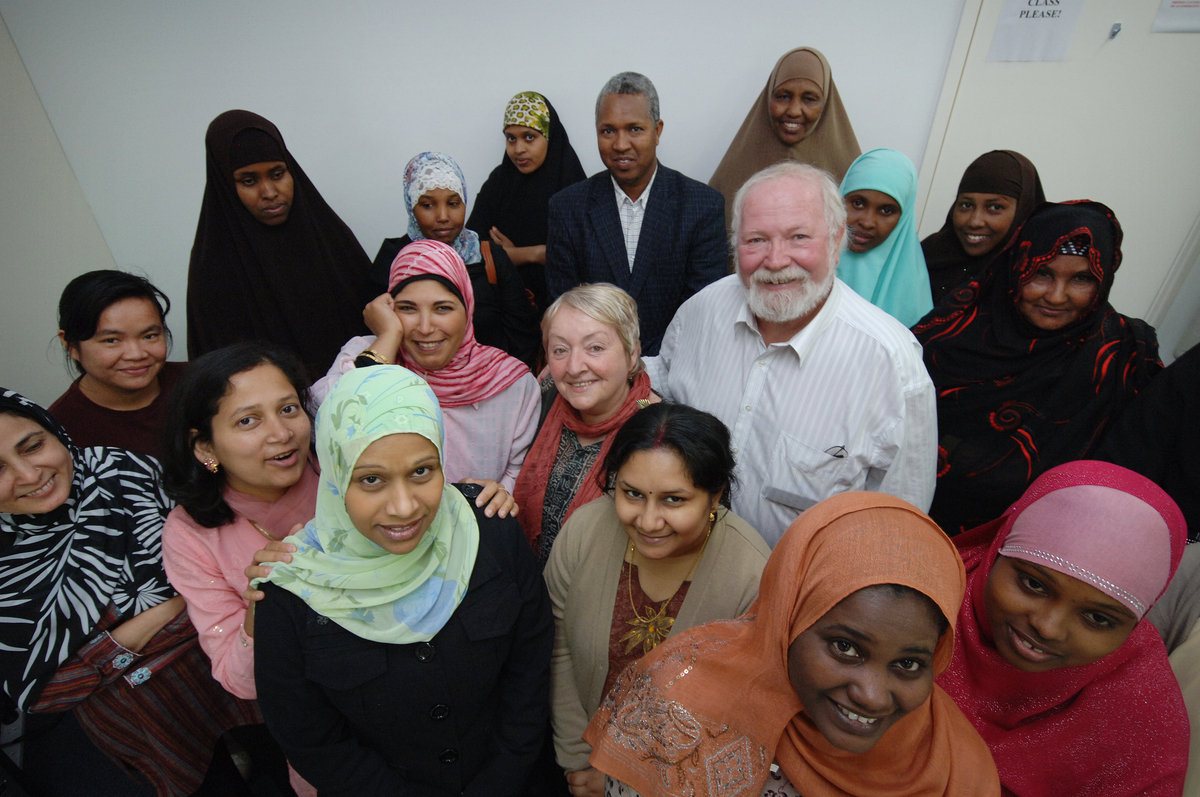
Training dramatically changes with a new funding framework under Skills for Victoria, meaning VICSEG is funded on a per student basis. VICSEG considers establishing dedicated training facilities and campuses.
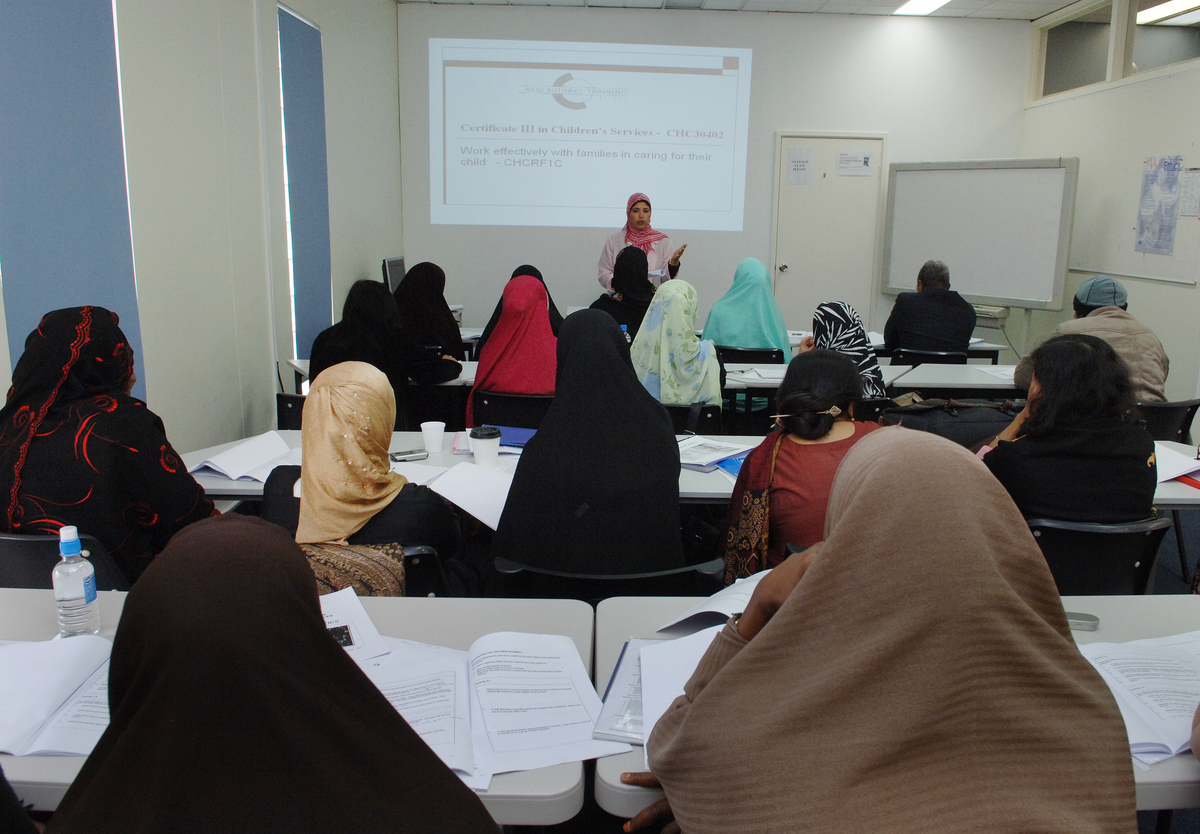
Janet Elefsiniotis returns to VICSEG New Futures, taking up the newly created role of Manager of Community Programs for Families and Children.
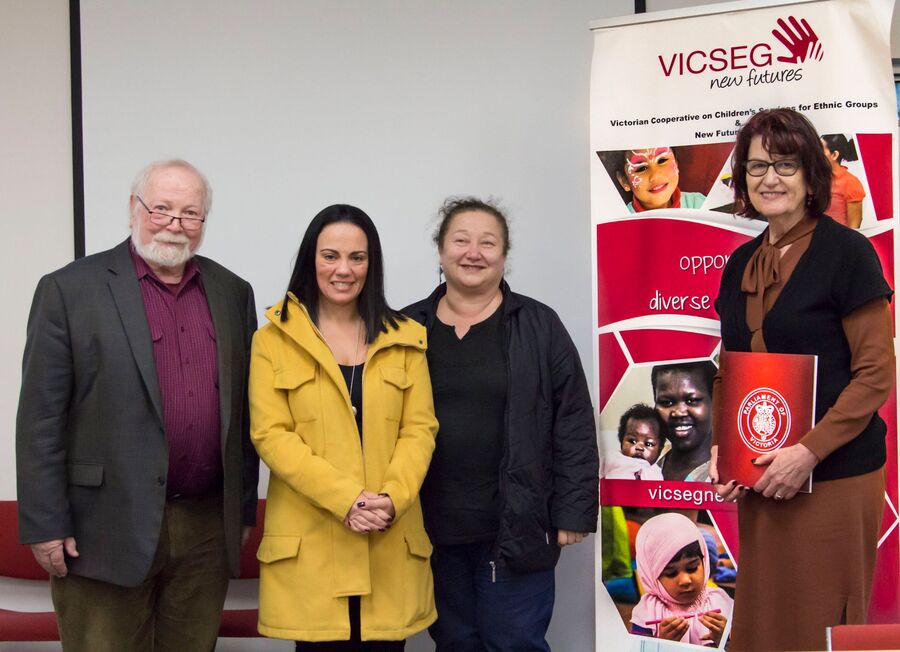
The first new training facility opens in Werribee, quickly followed by larger campuses in Braybrook and Epping offering affordable onsite childcare.

New Futures Training enrolment increases to more than 4,000 students, with a completion rate of close to 80 per cent. Certificates III and IV in Disability Training are added.

The Gandel Foundation begins funding VICSEG’s work with young people through the Inclusive Schools program. This funding continues for the next seven years.
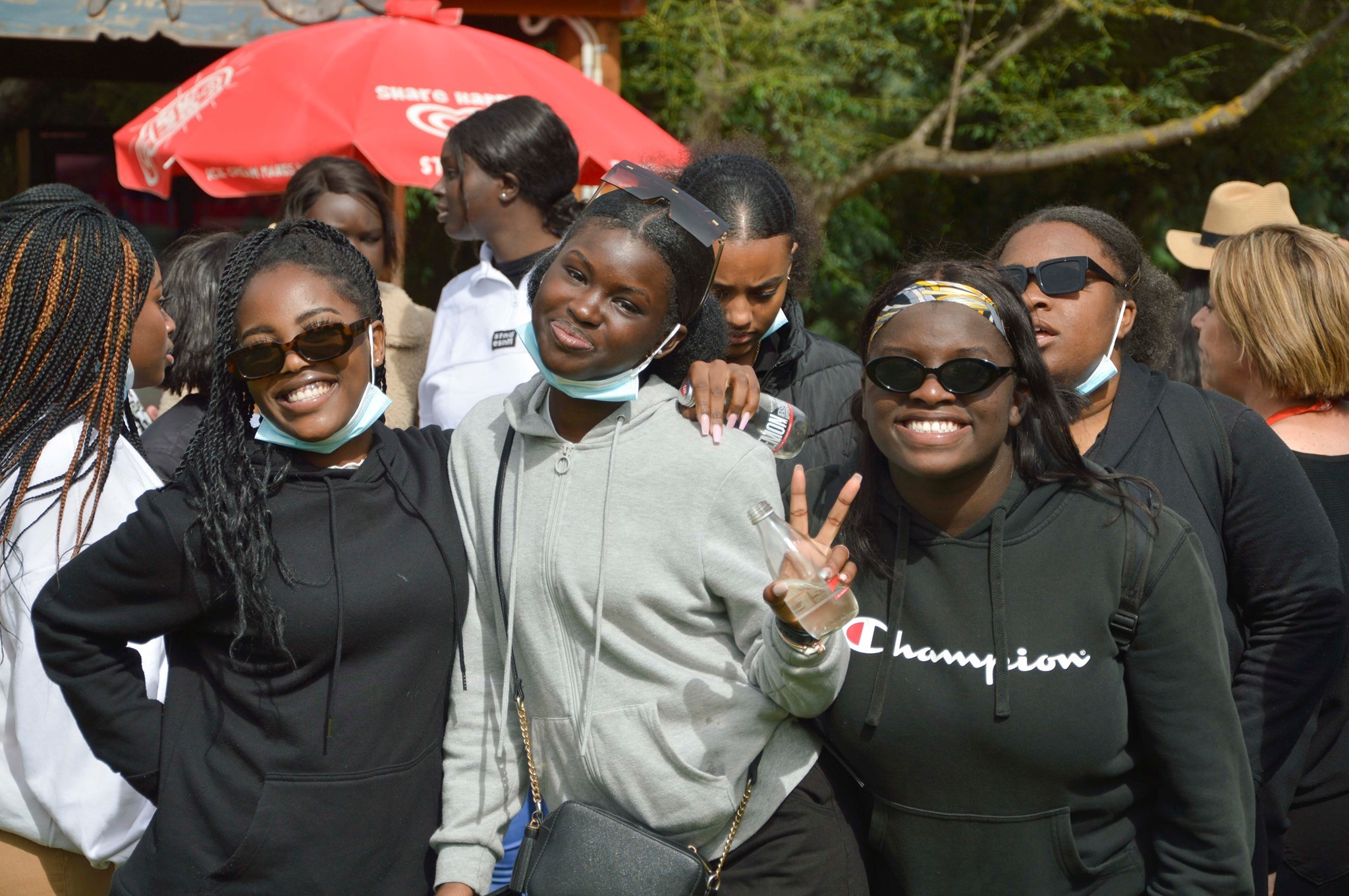
Student numbers continue to increase and more certificate courses and diplomas are introduced. New Futures Creative is established – a space for childcare students to build their creative skills and confidence, and for VICSEG staff and students to share their cultural traditions.

Second Stitch launches – a refugee/asylum seeker textile enterprise that grew from New Futures Creative programs. VICSEG New Futures becomes part of the Victorian government’s Jobs Victoria Employment Network (JVEN) as one of five multicultural providers assisting migrant, refugee and asylum seeker jobseekers.
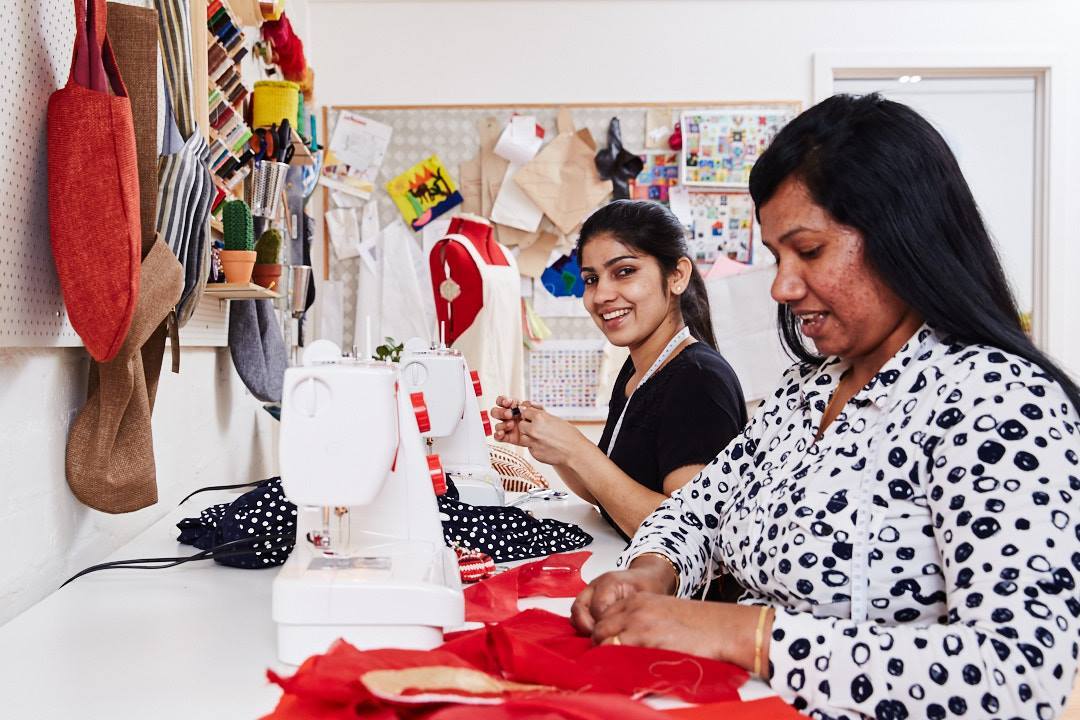
Within a year of joining the JVEN, VICSEG helps around 400 people find employment.
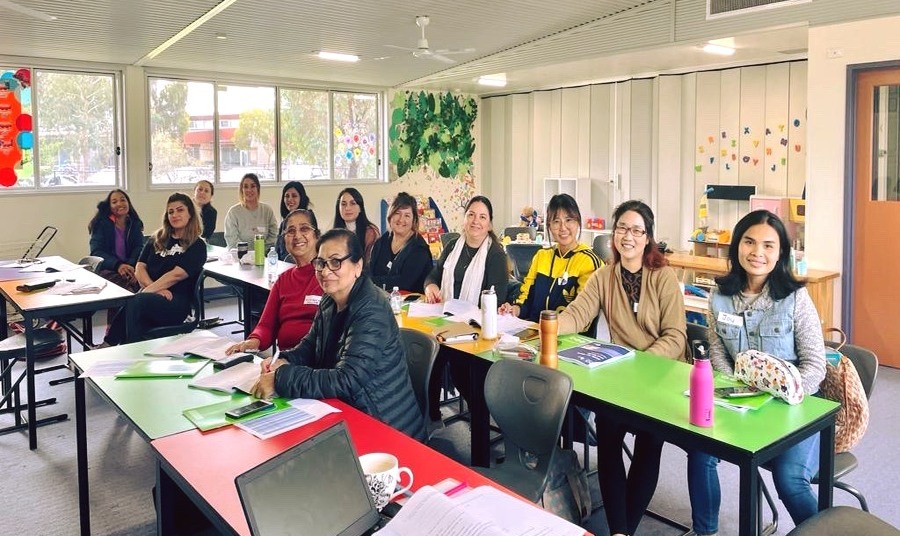
Aged Care Practical Skills Labs are installed in the Braybrook and Epping campuses, providing students with valuable practical learning opportunities.
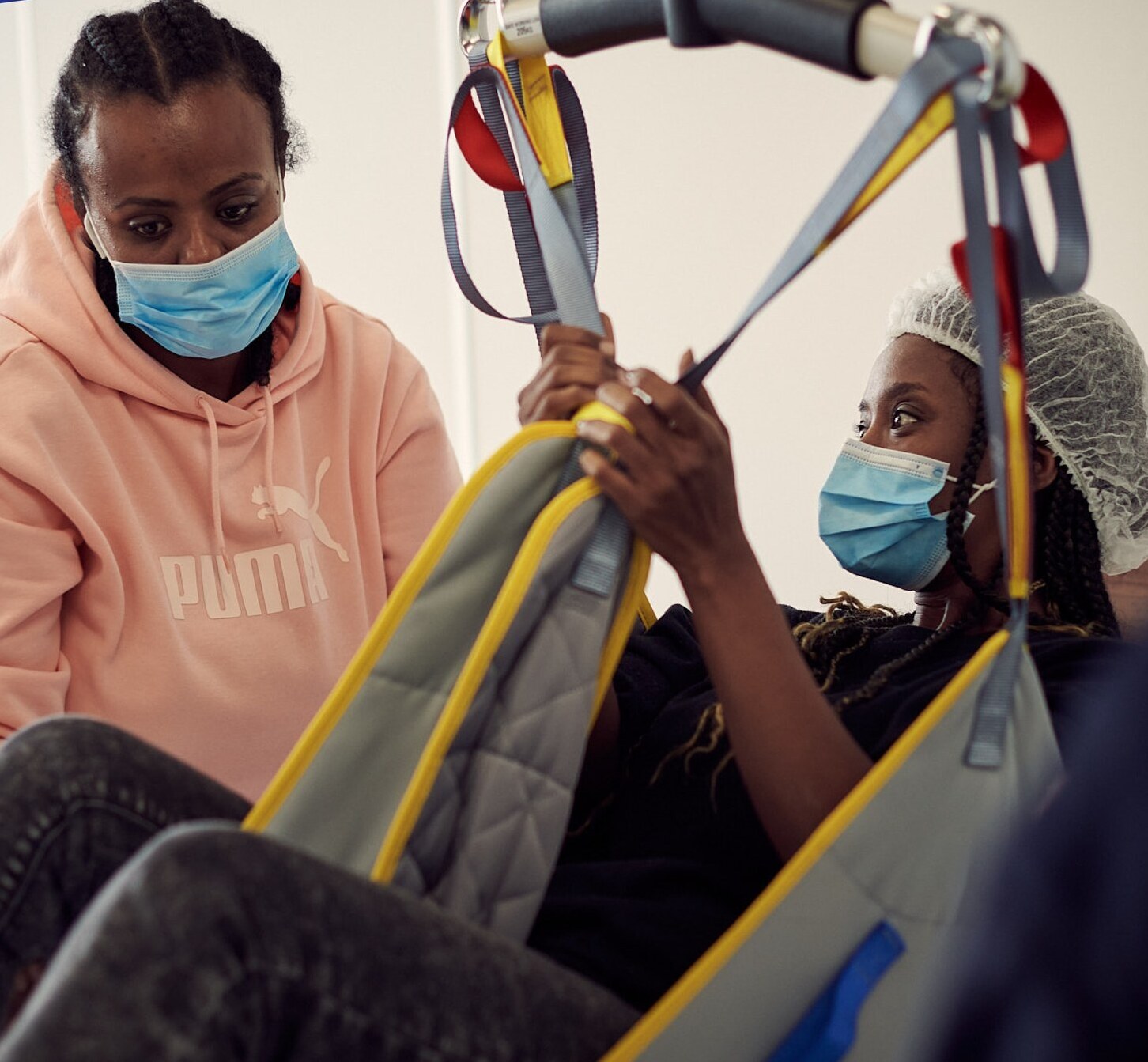
VICSEG celebrates 30 years of bilingual playgroup leader training and offers more than 30 playgroups across the northern and western suburbs of Melbourne.

The COVID-19 pandemic hits and causes chaos across the world. VICSEG quickly adapts and moves entirely online. Second Stitch begins making masks, selling over 7,500.
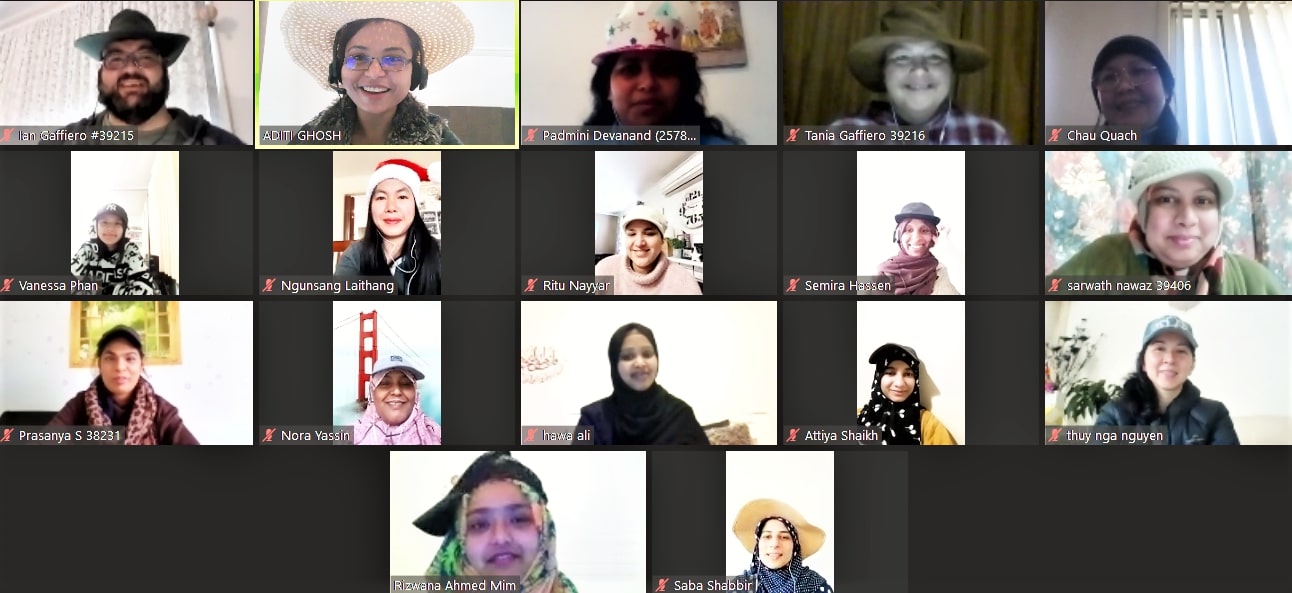
VICSEG marks 40 years of operation, but celebrations are delayed by the second year of the COVID-19 pandemic. VICSEG partners with five secondary colleges in the Western Region to deliver the Inclusive Schools Program.

Twenty years on from becoming a registered training organisation, VICSEG New Futures has trained over 50,000 students.
